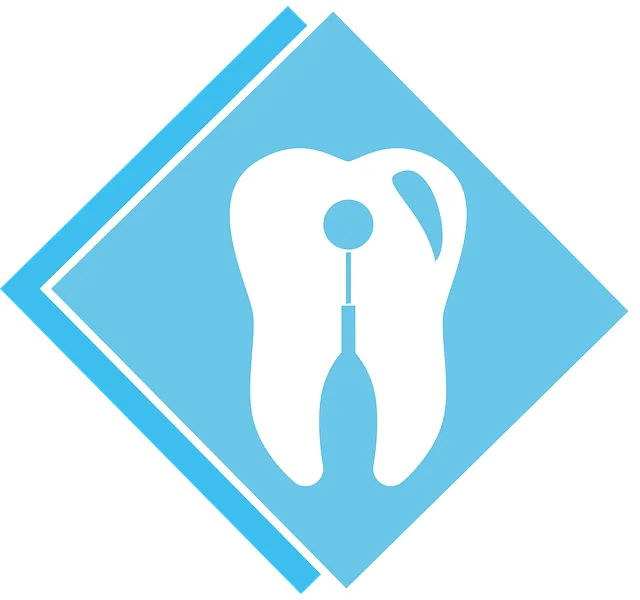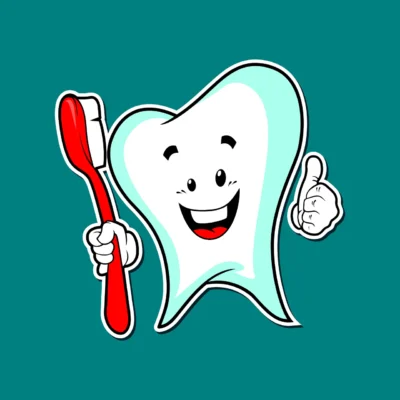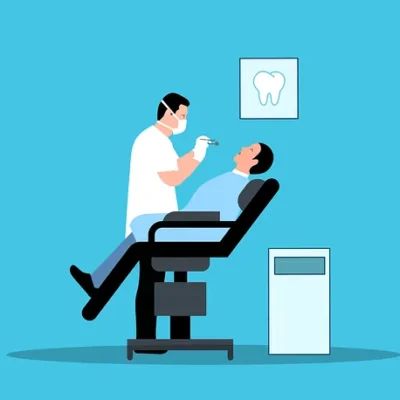
It’s unlikely that someone will develop gingivitis by simply drinking from the same cup as someone with the disease. But it depends on the person’s immune system and oral health. People with poorer dental health are more susceptible to the spread of bacteria in the mouth. If you’re looking for quality dental care in San Diego, Dental Express is your one-stop for a clean, healthy smile. Even though we emphasize proactive care to help prevent gum disease, we’re always prepared to treat it when it develops. This inflammation occurs when bacteria between your teeth is left to grow and causes plaque buildup.
Many people wonder whether gingivitis or periodontal disease is contagious. The short answer is no, these gum diseases are not directly contagious from person to person like the common cold or flu. However, there are some factors that can increase the likelihood of spreading the bacteria that cause these conditions.
If you need treatment, it is best to avoid kissing or other close contact until after recovery from your dental procedure. Bacteria may also get into your blood and cause coronary artery disease, lung disease, rheumatoid arthritis, poor blood sugar control, and other health problems. Flossing removes food particles and plaque from in between the teeth and under the gumline. Don’t wait until something gets stuck between your teeth.
Understanding Gingivitis
“It’s so important to make sure that we’re using the tools that are effective in our mouth and that we’re using the correct technique.” If you’re going to use a mouthwash, there are some key tips to keep in mind, the experts say. Finally, if your mouthwash burns when you use it and you find the feeling unpleasant, try an alcohol-free one instead. “Usually the ones that cause a burning sensation have alcohol in them,” Sahota says. When it comes to mouthwash, it’s easy to go down the wrong path. They may also refer you to a specialist for further tests and treatment.
Periodontitis affects more than 47% of adults over age 30 in the U.S. That number jumps to around 70% for adults 65 years and over. Other tests may be recommended if underlying conditions are suspected.
Keep reading to find out how contagious gingivitis is, and what you can do to prevent gingivitis contagion. Although kissing and sharing a drink aren’t exactly the same activity, saliva can be exchanged through both. A-Fib recurred among 24% of all participants during the follow-up period, which lasted between 8 months and 2 years, researchers said.
Gingivitis is a mild form of gum disease caused by bacterial plaque buildup on the teeth and gums. This condition is characterized by red, swollen gums that may bleed when brushing or flossing. While gingivitis itself is not contagious, the bacteria that cause it can be spread through saliva. This means that if you have gingivitis, you can potentially pass the bacteria along to others through activities like sharing utensils, kissing, or even just talking closely.
Preventing the Spread of Gingivitis
To prevent the spread of gingivitis-causing bacteria, it’s essential to practice good oral hygiene habits. This includes brushing your teeth twice a day, flossing daily, and seeing your dentist regularly for check-ups and cleanings. Additionally, avoid sharing items that come into contact with your mouth, such as toothbrushes or drinking glasses, with others.
Understanding Periodontal Disease
Periodontal disease is a more advanced form of gum disease that affects the supporting structures of the teeth, including the bone and ligaments. Like gingivitis, periodontal disease is caused by bacteria in plaque and tartar. While periodontal disease itself is not directly contagious, the bacteria that cause it can be spread through activities that involve close contact with saliva.
Preventing the Spread of Periodontal Disease
Just like with gingivitis, preventing the spread of periodontal disease-causing bacteria involves maintaining good oral hygiene practices and avoiding sharing items that come into contact with your mouth. In severe cases of periodontal disease, your dentist may recommend additional treatments such as scaling and root planing or antibiotics to help control the infection.
In conclusion, while gingivitis and periodontal disease are not contagious in the traditional sense, it is still important to take steps to prevent the spread of the bacteria that cause these conditions. By practicing good oral hygiene and avoiding activities that involve close contact with saliva, you can help protect yourself and others from developing gum disease.




